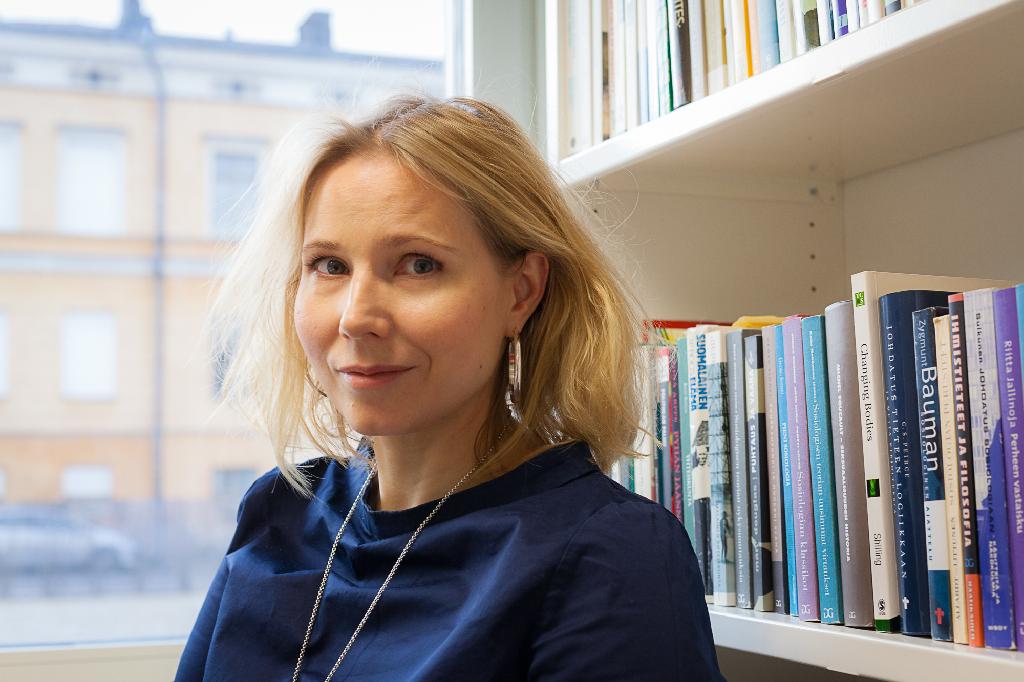Drug control and human rights in the Russian Federation
DrugsMatilda Hellman, DSocSci Publicerad 24 Aug 2022
In the Russian Federation, drug use became a problem of national significance with the collapse of the Soviet Union and its borders. Russian society was not prepared for extensive drug smuggling from places like Afghanistan and in lack of drug policy education, awareness and proper control measures, the government started to introduce tough measures to fight drug use.
Today, Russia has a high prevalence of drug use and has already for some years suffered from a widespread injection drug use epidemic with an estimated over 2% of the population being people who inject drugs. In 2020, a total of 18,013 people overdosed on illicit drugs and 7,366 died as a consequence, which is a 16% increase compared to 2019. Helping the most vulnerable have become even harder during the war in Ukraine.
Strict policies focusing on punitive measures
Despite the escalation of a complex problem picture – such as people injecting drugs functioning as a major driver of Russia’s HIV epidemic – the focus of the official drug policy strategy has remained firmly on drug traffickers and drug-related crime. During the past 30 years, the Russian Federation has introduced tough measures to combat the spread and use of illicit drugs. Over one fourth of the imprisoned population are estimated to have been punished for drug-related crimes.
The country is on a path of “treating users like criminals instead of people in need of treatment”. A priority by authorities to set up “draconian laws” has been portrayed from the drug users’ perspective, for example in a 2019 story in Deutsche Welle. Examples include getting four years in prison for being caught with just a small amount of drugs. The Eurasian Harm Reduction Association (EHRA) describes a misuse of power in a highly punitive and stigmatising environment: “law enforcement agencies have a virtual carte blanche to discriminate against people who use drugs”.
A study from 2020 that analyses extrajudicial and illegal police drug controlling practices found “significant discontinuities in the weight distribution of seized heroin near minimum threshold amounts”. Ruling out alternative explanations of the lack of continuity, the author Alex Knorre concludes that the most likely source of the revealed discontinuities is police manipulations with seized heroin.
Attempts to turn the ship around
Several attempts to change the Russian punitive and discriminating drug policy path have been made over the years. An aggravating circumstance is that the harm reduction advocating NGOs have been named foreign agents and banned by law.
Seven years ago, in May 2015, members of the Russian Civil Society Mechanism for Monitoring of Drug Policy Reforms compiled a letter to the UN High Commissioner for Human Rights with the title “Violations of human rights in the name of drug control in Russia”. The situation is aptly summarised by the subheading: “Stigmatizing language, overreliance on punitive restrictions, indifference to human rights, and obliteration of science”. The developments since have accelerated on the same path.
In 2017, the UN Committee on Economic, Social and Cultural Rights recommended that Russia change its punitive policy approach with an 18-month transformation and to consider decriminalising drugs for personal consumption. But nothing has really changed. In May 2018, the same members of the drug policy reform civil society made an update to the May 2015 report summarising: “No changes have occurred in Russian drug policy since that time [May 2015]. Russia fails to fulfill its commitment to respect, protect and promote all human rights, fundamental freedoms and the inherent dignity of all individuals and the rule of law in the development and implementation of drug policies”.
Situation in 2022
At the beginning of 2022, before the attack on Ukraine, the Russian harm reduction NGO “Charitable Fund Humanitarian Action in Saint Petersburg”, was reported to have had a small victory when a court annulled the government decision to include them in the infamous foreign agent list.
In a recent evaluation of the impact of the war on the prospects of harm reduction and civil society in Russia, Senior Policy Analyst of the Canadian HIV/AIDS Legal Network Michail Golichenko and Alexei Lahov from the St. Petersburg harm reduction NGOs coalition “Outreach” summarise some societal, infrastructural and institutional challenges. The great decline in the Russian ruble means that foreign manufacturers have fled the Russian market and prices for harm reduction and HIV prevention commodities, such as syringes and condoms, have plummeted. Logistics disruptions have also negatively affected the manufacture of medicine, including such essential products as antiretroviral therapy.
Russian authorities have designated 15 HIV-service civil society organizations as foreign agents.
A week after the aggression Russian lawmakers tabled amendments to enable the Ministry of Justice to create and maintain a single database of all persons designated as foreign agents, as well as all staff members of NGOs that had been designated as such. Such a database will enable banks and financial control agencies to harass activists and prevent them from receiving any donations from abroad.
The regime needs to continuously mobilise supporters against enemies inside and outside Russia: “Progressive civil society, including human rights defenders and harm reduction proponents, will most definitely fall within the circle of enemies”, estimates Senior Policy Analyst Michail Golichenko. As Russia has already left the Council of Europe, the European Court will not be available to people living in Russia starting in September 2022. Golichenko envisions a dark future: “Human rights as a concept will fall victim to militaristic mobilization”.



